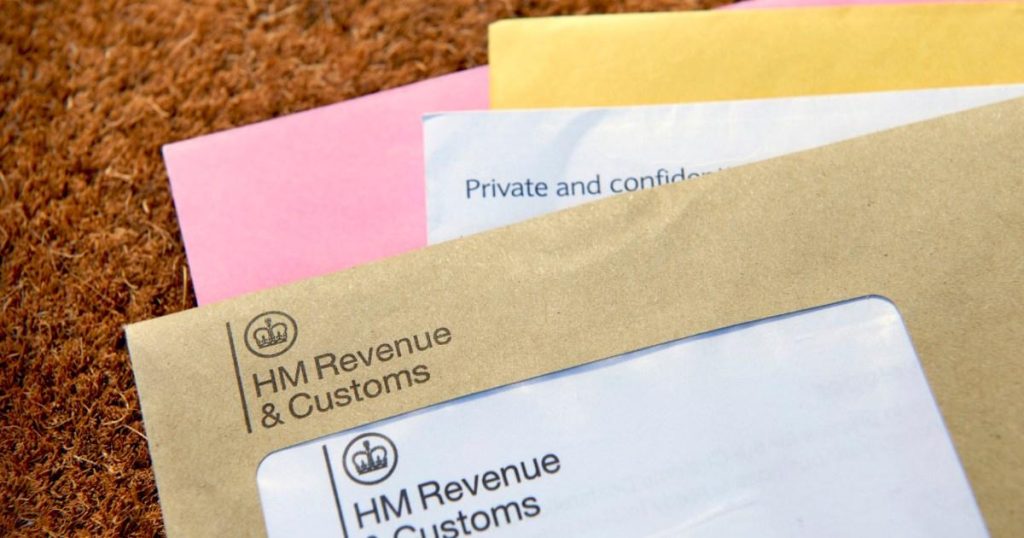The self-assessment tax return deadline for the UK tax year 2022-2023 passed on January 31, 2024, leaving approximately 1.1 million self-employed individuals facing penalties for late filing. While over 11.5 million taxpayers successfully submitted their returns, including a significant number who filed in the final hour, a substantial portion missed the deadline. This oversight carries an initial £100 penalty, regardless of whether any tax is owed. HM Revenue and Customs (HMRC) is urging those who missed the deadline to file as soon as possible to mitigate further penalties.
The late filing penalties escalate significantly over time. Beyond the initial £100 fine, daily penalties of £10 accrue after three months, up to a maximum of £900. After six months, a further penalty of 5% of the tax owed or £300 is levied, whichever is higher. This is followed by another 5% or £300 charge after 12 months, again whichever is greater. These penalties highlight the importance of timely filing, even if no tax is due, as the fines can quickly accumulate and become a substantial financial burden.
In addition to the late filing penalties, late payments also incur charges. Interest is charged on any outstanding tax, with additional penalties of 5% of the unpaid tax applied at 30 days, six months, and 12 months past the deadline. This combined impact of late filing and late payment penalties can result in a significant financial liability for self-employed individuals. HMRC offers a “time to pay” arrangement for those unable to settle their tax bill immediately, providing a structured payment plan to manage the debt.
The January 31st deadline coincided with a system-wide outage at Barclays Bank, potentially affecting taxpayers who relied on the bank’s services for last-minute payments or those awaiting payday. HMRC has acknowledged the issue and is working with Barclays to address the situation. Taxpayers genuinely affected by the outage can appeal any late payment penalties through established channels. This assurance provides some relief to those who experienced difficulties due to circumstances beyond their control.
HMRC encourages taxpayers to utilize the HMRC app for quick and efficient tax payments. This digital platform offers a convenient way to manage tax obligations and avoid potential delays. The app also provides access to information and resources related to self-assessment and other tax matters. For those who missed the deadline, prompt action is crucial. Filing the return as soon as possible, even if full payment isn’t immediately feasible, can help minimize the accumulation of penalties.
This situation underscores the importance of proactive tax management for self-employed individuals. Understanding deadlines, utilizing available resources like the HMRC app, and planning finances to meet tax obligations are crucial for avoiding penalties. While technological disruptions can occur, timely preparation and awareness of available payment options can help mitigate the impact of such events. For those facing penalties due to the Barclays outage, contacting HMRC and initiating the appeals process is essential. This emphasizes the need for clear communication with HMRC regarding any extenuating circumstances affecting tax compliance.











